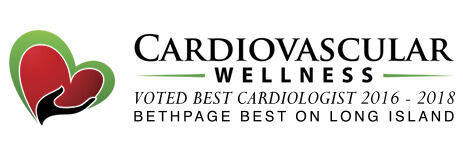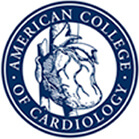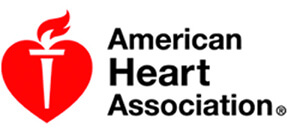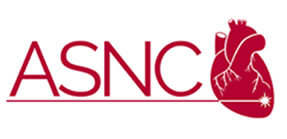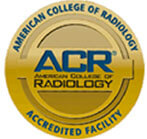Heart Health and Aging: How to Protect Your Heart as You Grow Older
- Posted on: Sep 17 2023
Cardiovascular conditions affect 121.5 million adults in the United States, with the majority of them impacting people over the age of 65.
Your heart ages along with the rest of your body, leading to the development or worsening of conditions that can lower your quality of life — or put that life at risk. However, you can take steps to protect your heart as you grow older.
Stop Smoking: Ending a Dangerous Habit
If you smoke, now is the time to stop for the health of your entire body and, crucially, for your aging heart. Tobacco is the leading cause of preventable disease and death in the United States because it strains the heart’s artery walls.
Smoking increases the formation of plaque in blood vessels while, at the same time, chemicals in cigarette smoke lead to the thickening of the blood, making blood clots more likely. All of these factors can lead to strokes and heart attacks.
The good news is that you can help your heart heal itself when you quit, even if you’ve been smoking for years.
Stay Active: Keeping Your Heart Pumping
Physical activity is crucial for your heart, as it helps strengthen the heart muscles. Experts recommend at least 30 minutes of exercise a day. If you’re healthy enough, you should engage in aerobic exercises, as well as those that focus on increasing flexibility, strengthening muscles, and improving balance.
Low-impact activities like beginner’s yoga can help if you can’t participate in strenuous exercise. Walking is another great activity that could lower blood sugar levels while helping you maintain bone mass and build stamina.
If you find yourself sitting around for many hours a day, get up and walk. Something as simple as that can help keep your heart working a bit harder.
Eat Correctly: Choosing Heart-Healthy Foods
Choose foods that are low in salt, saturated fat, and sugar. Your body becomes more sensitive to salt as you get older, leading to blood pressure issues that can impact your heart.
Stick to fruits and vegetables, as well as whole grains. You want to add foods that are especially healthy for your heart, including:
- Lean meats
- Legumes
- Fish high in omega-3 fatty acids
- Nuts and seeds
- Eggs
- Brown rice
- Oatmeal
- Fat-free or low-fat milk products
- Leafy greens
This doesn’t mean you can’t have anything with saturated fats, salt, or sugar, but make sure to moderate how much of them you consume.
You also want to limit your alcohol intake. Alcohol can increase your blood pressure and hike up the level of triglyceride fats in your blood.
Get Checked: Maintaining Regular Doctor’s Appointments
Get into the habit of having your vitals checked every few months. These routine tests can warn you if there’s a change in your health, helping your doctor diagnose any issues that arise while they’re still in the early stages.
If you have an existing heart condition, getting regular heart checks is also important. These can be EKGs or echocardiograms, or even stress tests to monitor if there’s been a change in the condition.
Keeping Your Heart Healthy as You Age
Just as you brush your teeth twice a day to maintain them, you must take precautions to maintain your heart’s health. No matter your age, stop smoking and reduce how much alcohol you drink. Add some exercise into your daily routine — even a walk to the nearest park can help — and make sure you keep up with your doctor’s appointments.
To learn more about heart health or to get a checkup, turn to Cardiovascular Wellness in Hicksville and Lake Success, NY. Our cardiology experts are here to help.
Posted in: Heart Health
